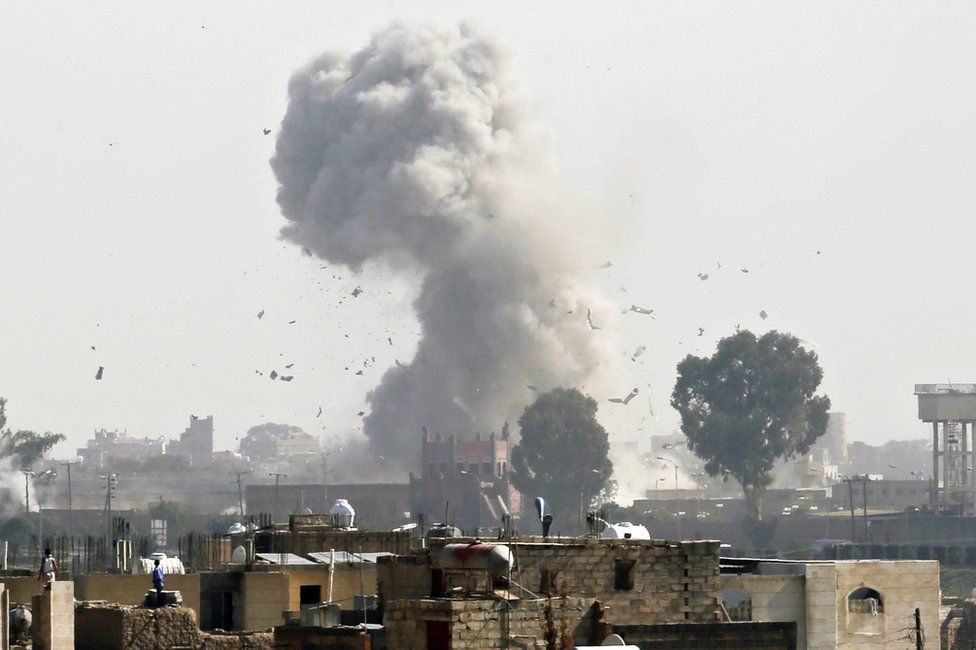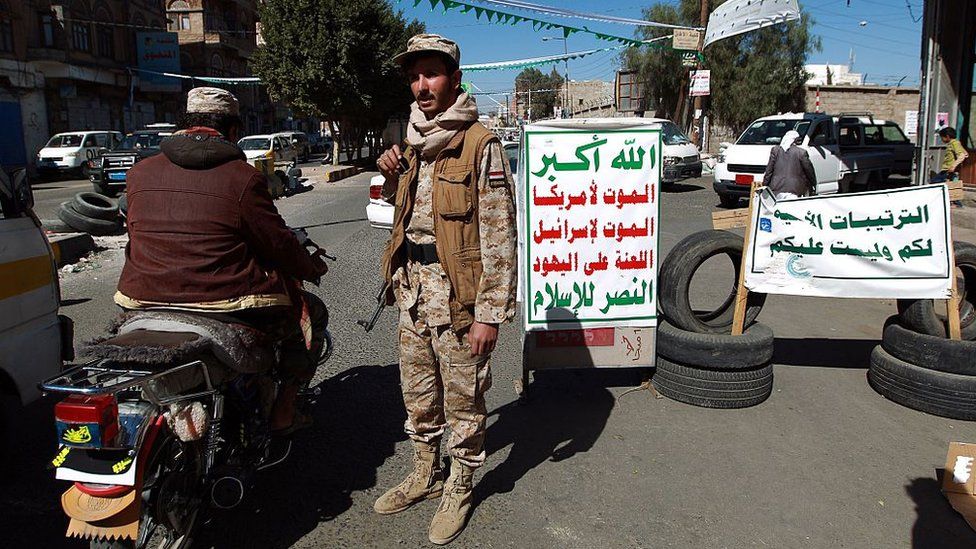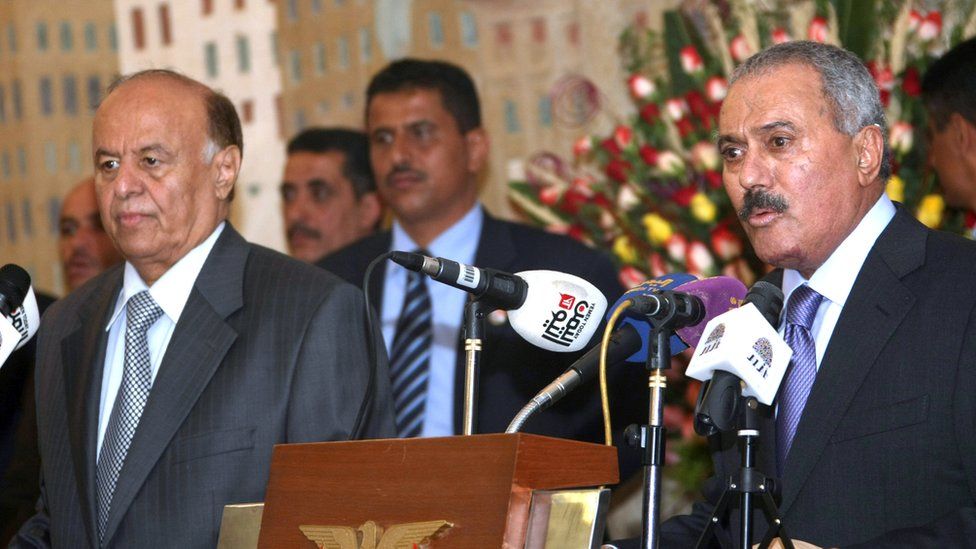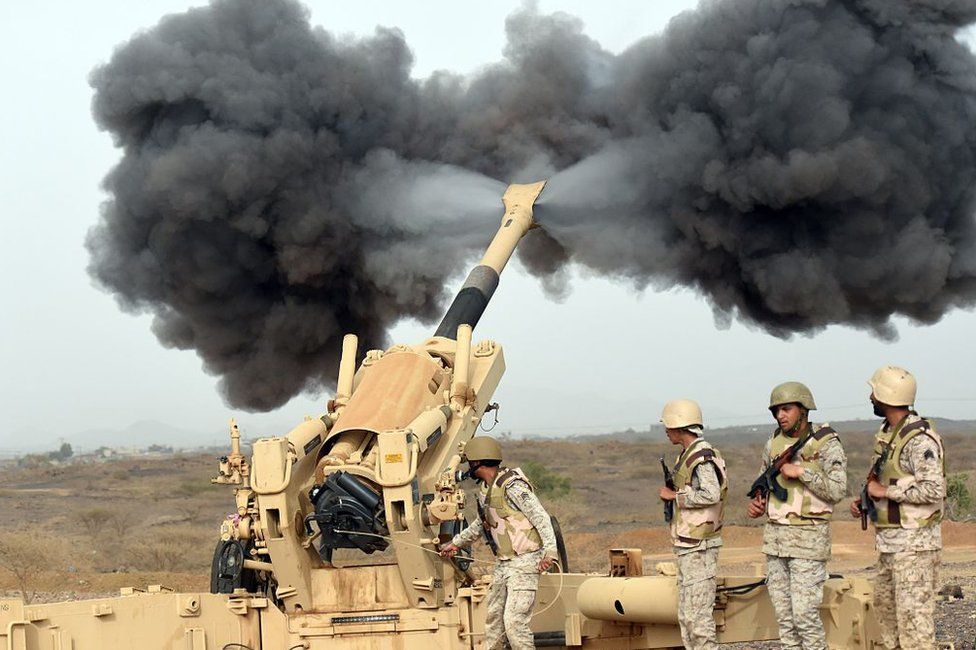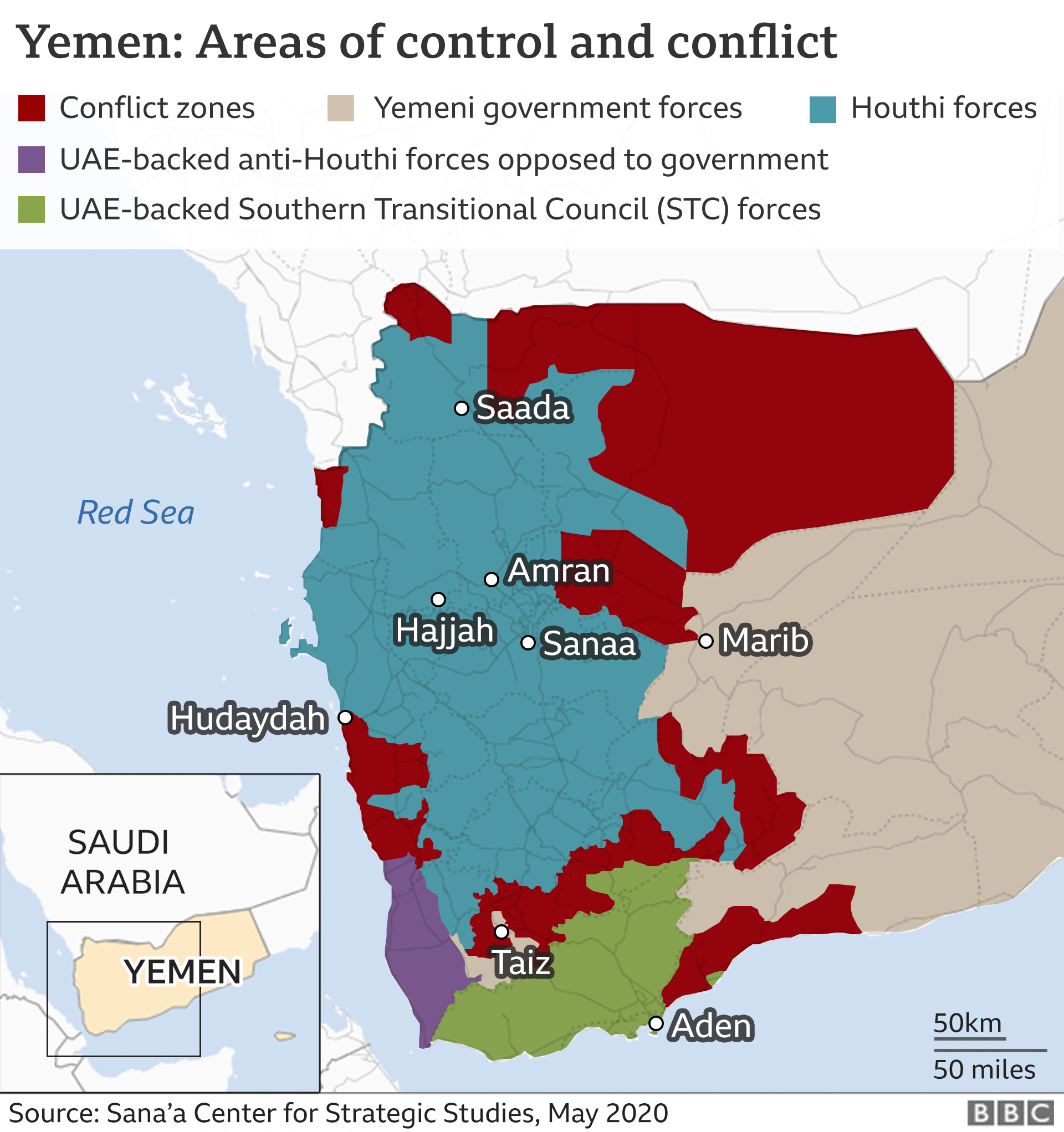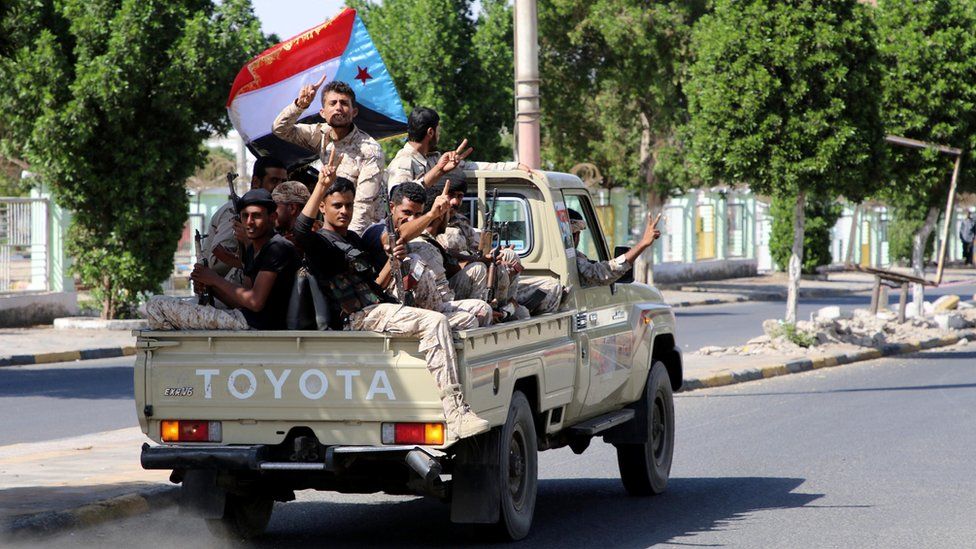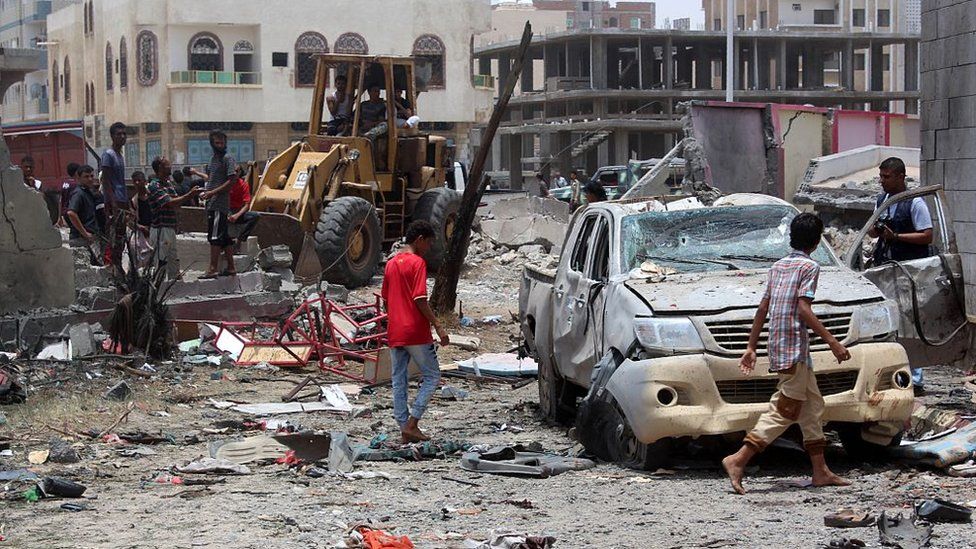I think you begin to enlighten mankind by beginning to educate them. But, to actually educate them you need a free system in which they can learn things. This is the first problem to solve in enlightening all mankind. Because every government has its own version of what it wants people to know about and until more governments have the same idea of intellectual enlightenment these different views could actually lead to college graduates having different points if view then joining the militaries of those nations worldwide and then having wars and killing everyone on earth in one way or another.
It is even theoretically possible that we are in a pandemic war right now with Coronavirus variants being the weapon of choice worldwide.
This is one possibility of the kind of war we could be in worldwide. Who started this war?
Russia or China or the U.S. or someone else?
It's hard to say at this point.
Hopefully at some point we might or might not know.
But, the more people that die in this coronavirus thing the more likely we will never know the real culprits here because of potential (WORLD WIDE) Revenge upon the real culprits.
